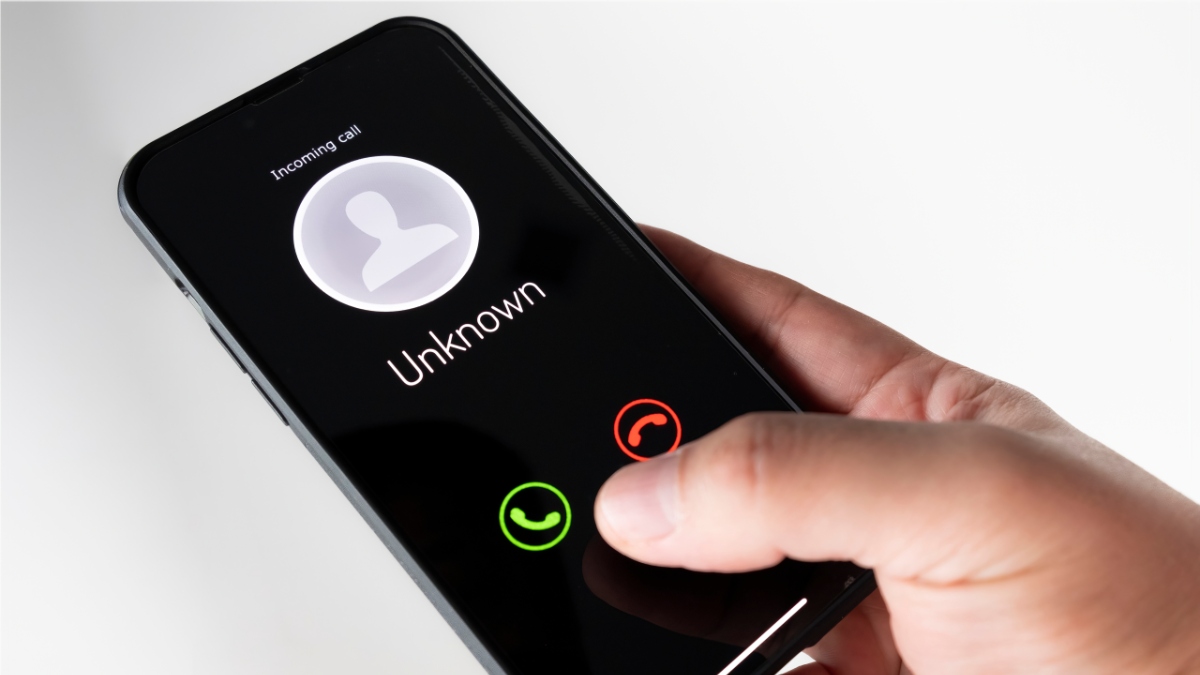The number of scam calls and text messages in the Philippines skyrocketed by 200 percent during the first eight months of 2024 compared to the previous year, according to anti-scam app Whoscall. From January 1 to August 15, the app reported over 3 million text scams and more than 320,000 scam calls through its community reporting system.
Gogolook, the developer of Whoscall, identified the most common scams, with 25% targeting phishing site registrations, 18% offering fake promotions, and others pushing unauthorized app downloads, fraudulent job offers, loans, and gadget purchases.
Despite the implementation of the SIM Card Registration Law, the issue continues to grow. However, Cybercrime Investigation and Coordinating Center (CICC) Executive Director Alexander Ramos highlighted the law’s impact, stating that it has enabled authorities to track scam syndicates and arrest numerous perpetrators. “At least we now have data that leads us to the origin,” he said.
Ramos also pointed out that amendments to the SIM Card Registration Law, including limiting the number of prepaid SIMs registered under a single name, are needed to address the evolving scam strategies. Additionally, a law regulating artificial intelligence is being pushed, as scammers are increasingly using this technology.
Whoscall emphasized the importance of public awareness, offering features that flag suspicious calls and texts and detect malicious links. “Even with weak internet, the app works and can identify scams,” said Gogolook’s Philippine representative, Mel Migrino.
As part of its ongoing efforts, the CICC is optimistic about the impact of the newly enacted Anti-Financial Account Scamming Law, which is expected to further bolster protections against these fraudulent schemes.





